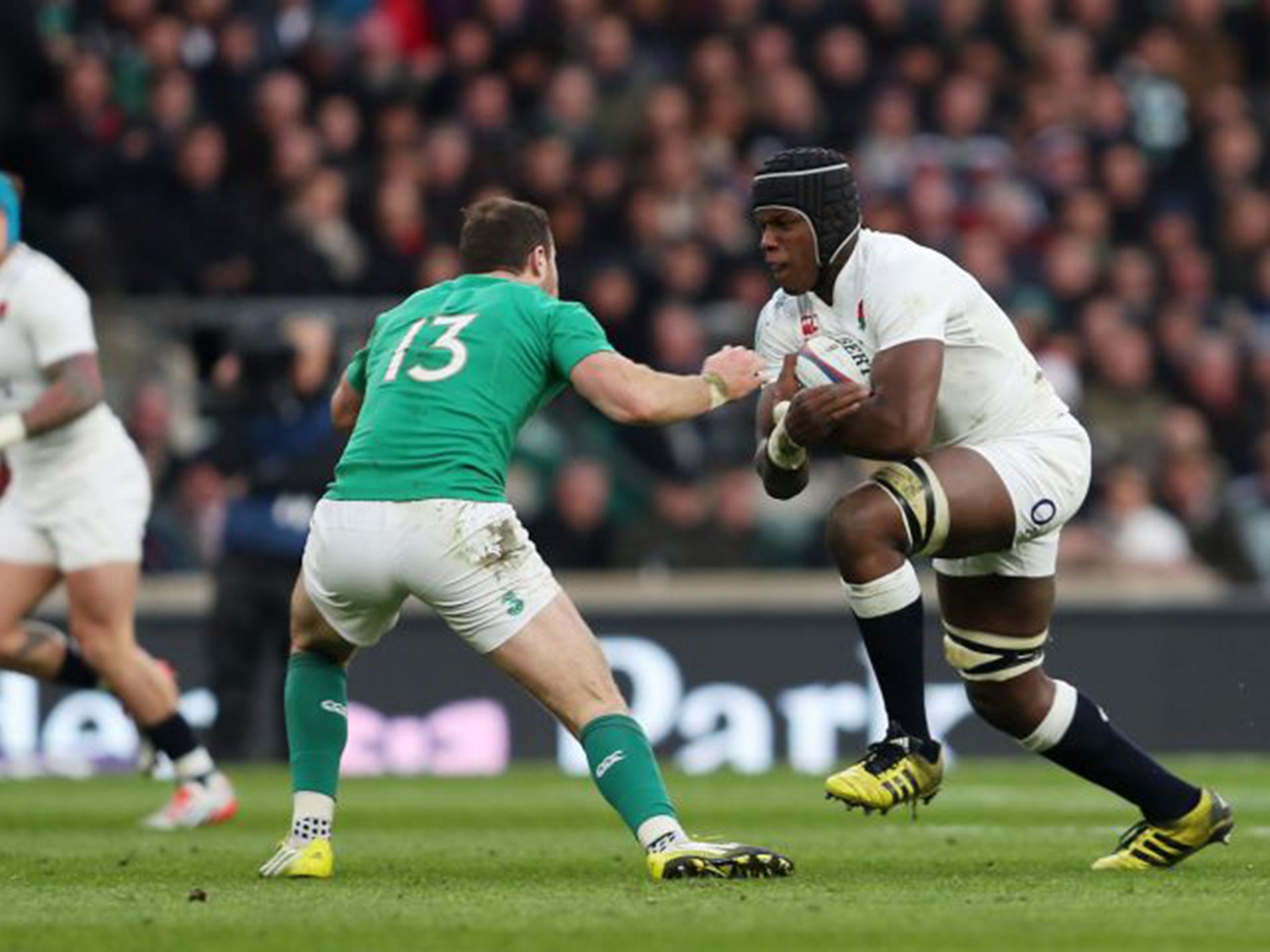Six Nations 2016: Athletic, agile and at ease - England's Maro Itoje ticks all boxes on debut against Ireland
What We've Learned at the Six Nations This Weekend

The making of Maro
Speaking to Martin Johnson before the match, England’s World Cup-winning captain told me that the current team had a responsibility to make life easy for a player making his first start. They did exactly that for Maro Itoje, who did not need to do anything special as he eased his way into the international game. He made a couple of decent carries, won a couple of lineouts – one significant, because Ireland were camped on England’s line – but the team around him were functioning well.
Having said that, he looked more than comfortable and will only improve. He’s an athletic lad, very quick off the ground at lineouts, which allowed England to put a jumper in front of and behind Devin Toner and create pressure on Ireland’s throw. As debuts go, you could say he ticked all the boxes.
Better at the breakdown
In their first two games, England could not generate quick ball once they had crossed the gainline, particularly because of their clear-out technique. Against Scotland and Italy they were not cohesive in attack, but here they moved the ball quickly to the wider channels, generally because of that extra half-metre given them by Billy Vunipola. In a week when Eddie Jones said England do not have any world-class players, Vunipola heads the list of those who, in a short space of time, will become one.
England’s improved technique gave them front-foot ball; the first man there got over the ball, which created a cycle of quick ball. Their two tries in the second half illustrated the rewards that stem from that, and answered the query raised by Jones last week. The coach said that England needed to improve in that specific area, and they did.
More cohesion in midfield
England’s progress in this championship has come in part because of the growing understanding between George Ford and Owen Farrell. Suddenly England were far more cohesive in attack, with Ford and Farrell both comfortable as first or second receiver. Farrell, even though England hope to have other options during the last two rounds of the Six Nations, has grown into the role of ball-carrying inside-centre, though when he went off it was good to see Elliot Daly slot in so quickly.
Both Ford and Farrell looked to run the ball too. They attracted defenders to them, which created space for the power runners out wide. Ford took most of the kicking duties in open play, but together they were the ones pushing for position during England’s relentless domination of the first half.
Ireland forced on to the back foot
Ireland came to Twickenham with most people expecting them to play a kick-chase game which has served them well. In the event, England did not allow them time on the ball after the first quarter.
They did not have one easy exit from their own half. Every kick they put up was hurried and England, notably Mike Brown, were dominant in the air. Nor could Ireland rely on reclaiming ball once it went off the pitch. Their lineout was challenged, so it was hard for them to escape the suffocating pressure.
That harrying aspect of England’s game led to some outrageous statistics regarding possession and territory. Ireland did ask questions after half-time, but overall England were too strong. Every time they carried, they crossed the gain-line; in contrast, Ireland played across the field five times and never made a metre. It’s fair to say that the number of players they lost to injury came home to roost here.
Wales await at headquarters
Wales will come to Twickenham in a fortnight aiming to overthrow England’s championship hopes, and they will try and produce their pragmatic, driving best.
There may be a small percentage of the Welsh who have been hurt by criticism of their style. They know they can play with greater flair, you can see that in some of the passes they threw against France. Rob Evans showed some subtle touches, as did several of his colleagues, but in terms of the spectacle on view in Cardiff, the best bit was the singing before the match.
Join our commenting forum
Join thought-provoking conversations, follow other Independent readers and see their replies
Comments